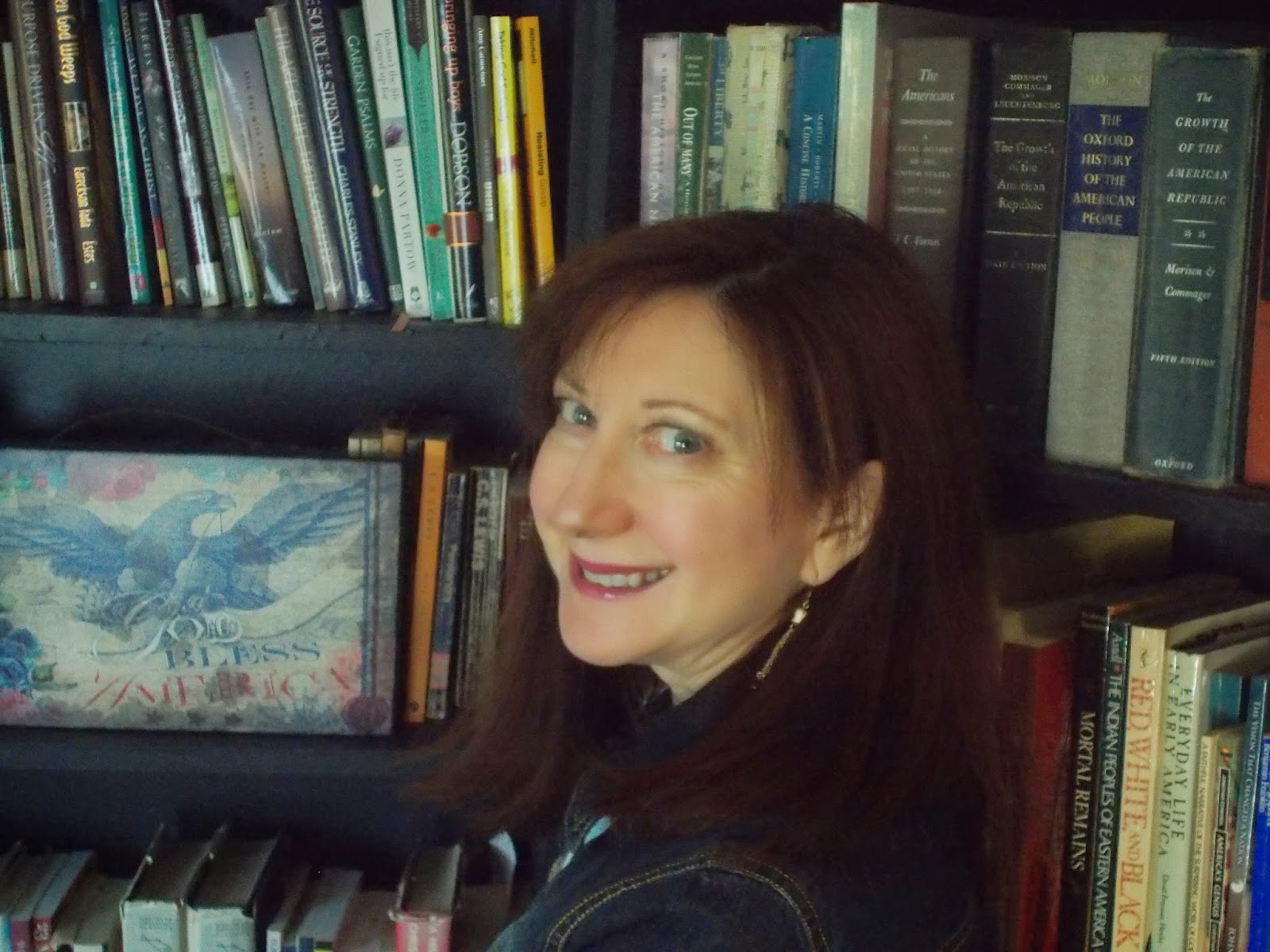This summer marks the 100th
anniversary of the Great War, what we call World War I today because we know
that it wasn’t “the war to end all wars.”
Rather, it was just the beginning of global conflicts that characterized
much of the last century. At the time,
WWI took most observers very much by surprise.
At the start of the 20th century, the outlook for peace led
many in the West to believe that the progress of education, science, and
technology, along with the spread of Christianity to the farthest parts of the
earth, would create ideal conditions, what some were predicting would be a
“Christian Century” of unprecedented peace.
War belonged to the past. It was
obsolete. No need for it any more. Humans were much more enlightened than in
other eras. In fact, in February 1914,
there were more than 30 organizations in the United States dedicated to world
peace.
Street
Scene, early 20th c.
Then the unanticipated, unthinkable
happened.
On a state visit to Sarajevo, the
heir to the throne of the Austro-Hungarian (Hapsburg) Empire, was
assassinated.
Archduke Franz
Ferdinand and his wife Sophie Chotek
As the Archduke Franz Ferdinand and his
wife, Sophie Chotek, rode in a celebratory motorcade through the city on June
28th, a young Serbian nationalist named Gavrilo Princip, gunned down the couple
in their open limousine. (As a college
student, I visited the Museum of Military History in Vienna, Austria where that
vehicle is preserved. For me, it was
like seeing the car in which JFK had been gunned down.)
The
arrest of Gavrilo Princip
That shocking event set in motion a
complicated series of alliances among European nations so that by the end of
that troubled summer, war had engulfed the continent. The rallying cry between both sides--primarily
England, France, and their allies, and Germany and its allies—was, “Home by
Christmas!” However, the age-old
traditional war strategy of massed infantry charges supported by artillery
failed. Man became, instead, a slave of
the new weapons technology had created, including machine guns, poison gas,
airplanes, tanks, and submarines.
A
new kind of warfare—in the trenches
Machine Guns and Poison Gas
By the end of 1915, Russia had lost 2 ½
million soldiers and 20% of its civilian population, making it ripe for the
Bolshevik Revolution and overthrow of the Czarist government in 1917. The rest of Europe was losing on average 6,000
people for every day of the war, and the material losses were
astronomical. Those nations faced either
a communist takeover or total destruction.
At that point, America entered the war, with President Woodrow Wilson
proclaiming in his speech to Congress, “The world must be safe for democracy.”
World
War I Poster
A year later, on November 11, 1918 an
armistice was signed ending the conflict in which 20 million people were
wounded and 10 million had died.
France had lost half of its men between
the ages of 20-32, and America had lost 116,516 men with another 204,000
wounded. Four empires came to an end,
and Europe’s future was impoverished.
Evangelist Pat Robertson once summarized the war this way: (It was)
“four years of terror and carnage beyond anything the human mind could have
imagined, certainly not the minds of those who anticipated that the 20th
c. would be heaven on earth.”
Aftermath
World War I
While America emerged as a superpower from the
Great War, a period of disillusionment and cynicism set in among Western
intellectuals as an entire generation lived in the shadows of the
conflict.
My grandfather, Harry Kocher, served
in France during the war. Do you know of
any relatives who fought in WWI?
Dr. Rebecca Price Janney is a theologically trained historian and the author of 18 books, including fiction and non-fiction, largely with themes related to American history. She loves sharing stories about people who influenced great events, and were influenced by them, including the heroism of unforgotten patriots like her grandfather, who fought to defend freedom in World War I.
Dr. Rebecca Price Janney is a theologically trained historian and the author of 18 books, including fiction and non-fiction, largely with themes related to American history. She loves sharing stories about people who influenced great events, and were influenced by them, including the heroism of unforgotten patriots like her grandfather, who fought to defend freedom in World War I.

.jpg)

Thanks for sharing this post. This was very interesting. I love stories about unforgotten patriots. Thanks for sharing about your grandfather.
ReplyDeletetscmshupe at pemtel dot net
I don't know any relatives who fought in WW I but my relatives are from N. Ireland and there must have been someone.
ReplyDeleteInteresting poster with the lady sleeping and Wake Up America. sharon wileygreen1ATyahooDOTcom